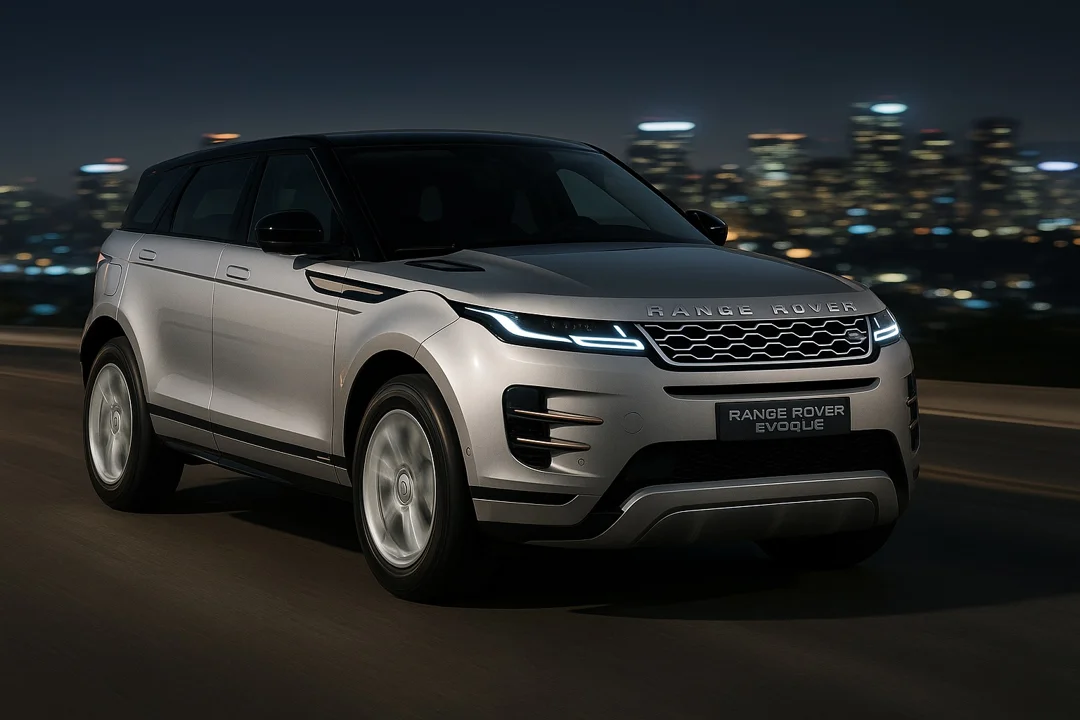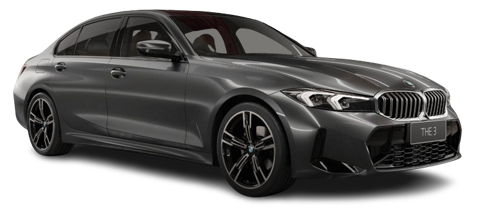What is the mileage of Land Rover Range Rover Evoque?
The Land Rover Range Rover Evoque offers different mileage figures depending on the fuel type and transmission. The manual petrol variant delivers up to 0 km/l, while the automatic petrol variant offers up to 12 km/l.


















